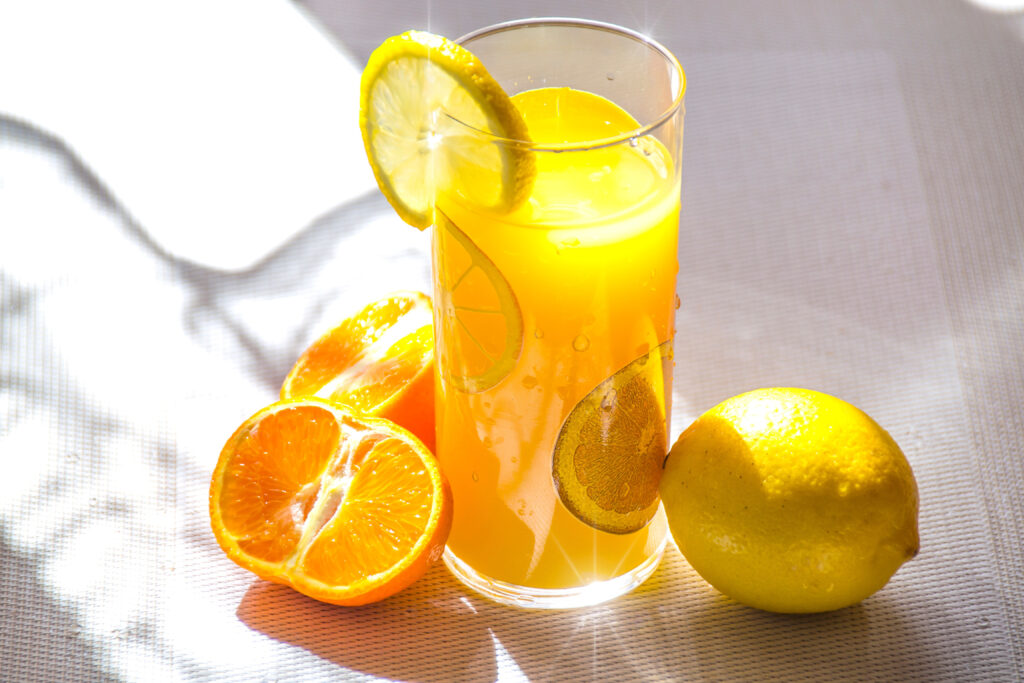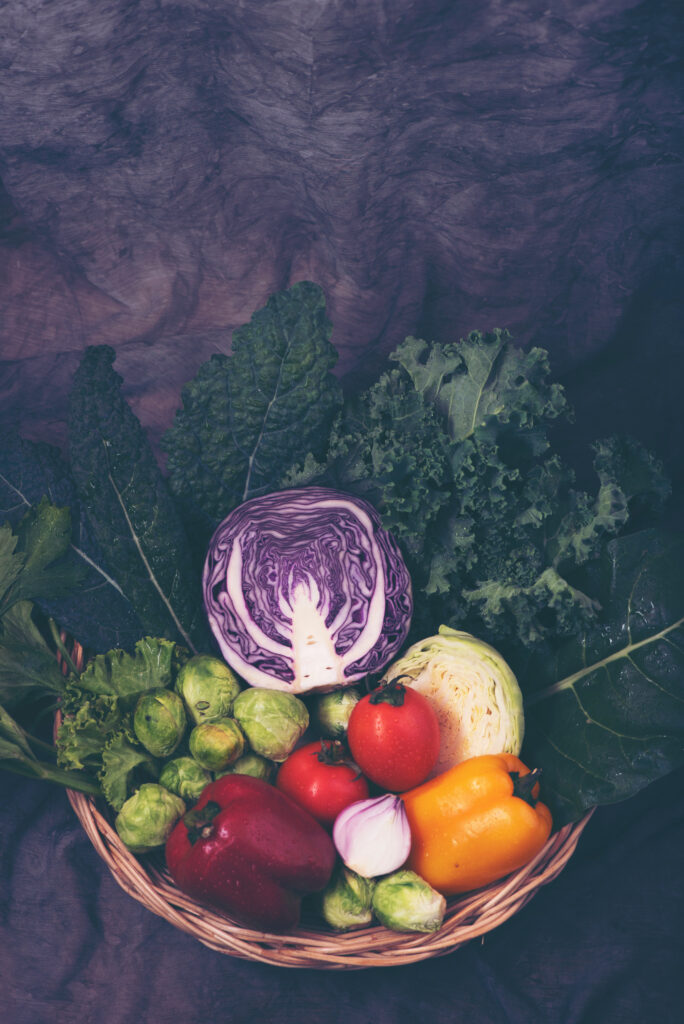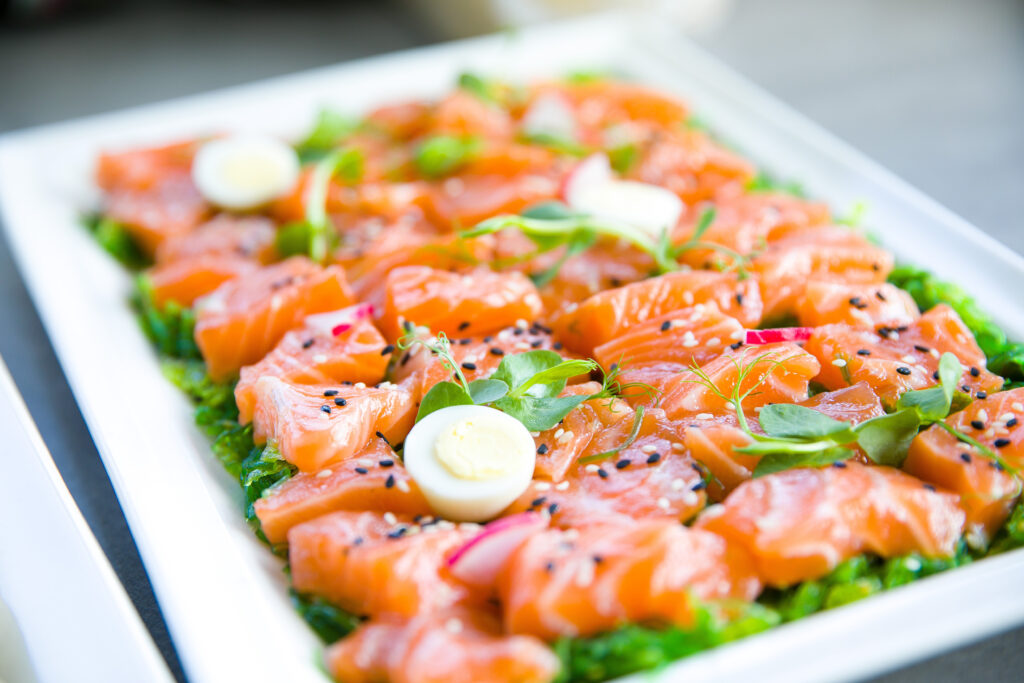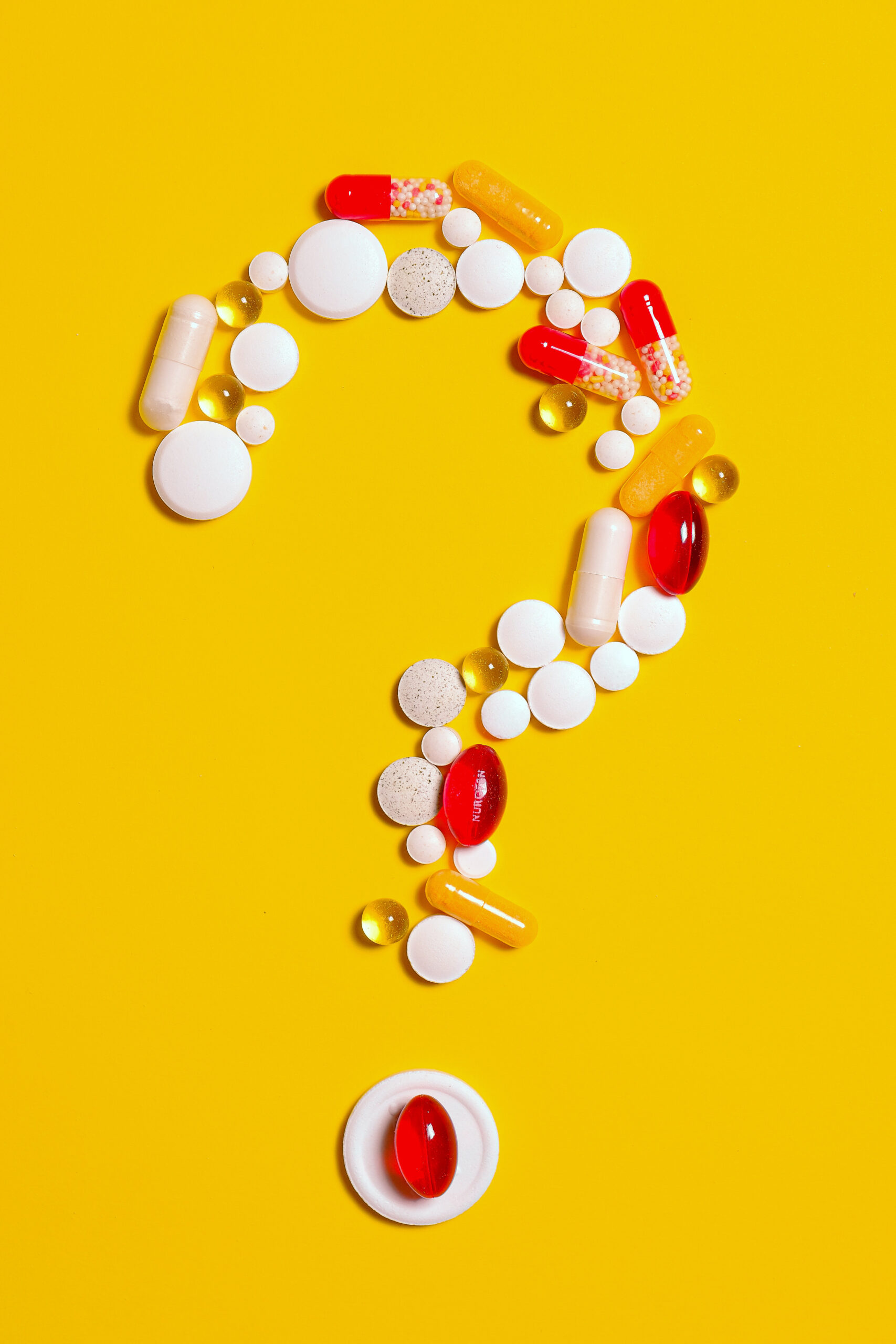What Vitamins and Minerals to take During Pregnancy?
It’s important during pregnancy to eat a well-balanced diet. However, there are also key vitamins and minerals to take during pregnancy along side a balanced diet. Dr Harriet Holme, an experienced paediatrician and registered Nutritionist, who is author of ‘Healthy Eating During Pregnancy’, covers Supplements in her fantastic ebook. I have outlined her advice below on the vitamins and minerals to take during pregnancy.
FOLIC ACID (Folate)
As soon as you stop contraception, or find out you are pregnant, NHS guidance is to take a supplement of 400 micrograms
(mcg) per day of Folic Acid. This can help prevent your baby from developing neural tube defects. (NTD).
If you have diabetes, or epilepsy or a previous pregnancy with NTD, then you will need to take 5mg per day.
VITAMIN D

Vitamin D is produced in your body using sunlight, and most people do not get enough without supplementing.
In pregnancy, it is recommended you should take Vitamin D supplements regardless of the seasons. Vitamin D is needed for strong bones and teeth. Take a supplement of 10 micrograms (mcg) or 400IU of Vitamin D per day.
There is new evidence that Vitamin D supplementation during pregnancy is associated with a significant decreases iin childhood asthma and wheeze.
IRON

For most women, you should be able to get enough Iron through your diet rather than having to have a iron supplement. Make sure your diet is rich in dark green leafy vegetables, whole grains, tofu, beans, lentils and meat.
Your doctor may prescribe you an iron supplement if you have anaemia.
VITAMIN A
Vitamin A is also called retinol or retinoic acid. Vitamin A supplementation could harm your baby, so avoid any supplement containing this. Some fish oil supplements, contain Vitamin A, so avoid fish oils that contain more than 700 micrograms (mcg) per day. As too much vitamin A can be harmful to your baby.
IODINE
Until recently, iodine has been largely thought to be sufficient in our diets. However, research has raised concerns that pregnant and breastfeeding women are at risk of deficiency.
Fish and diary products are a great source of Iodine. Pregnant women following a vegan diet are more at risk of Iodine deficiency, so choosing a plant based milk that contains iodine can be helpful.
Pregnant and breastfeeding women need 200ug of iodine a day.
OMEGA 3

Omega 3 fatty acids are essential fats that can’t be produced in your body and have to be eaten in your diet. These include docosahexaenoic acid (DHA) and elcosapentaenoic acid (EPA).
There is some suggestions that Omega 3 supplementation may reduce your risk of premature delivery, but, more research is needed before it is a national recommendation for pregnant women to take this.
Omega 3 supplements often contain Vitamin A, which should be avoided in pregnancy. Instead eat oily fish which is naturally high in Omega 3. Suggestions of what fish should be eaten and what should be avoided in pregnancy can be found in the article about foods to eat during pregnancy here
This is just a short overview of the specific supplements to take during pregnancy. I would highly advice following Dr Harriet Holmes Instagram here, as she he has a wide source of nutritional advice for everyone, not just those that are pregnant.



Leave a Reply